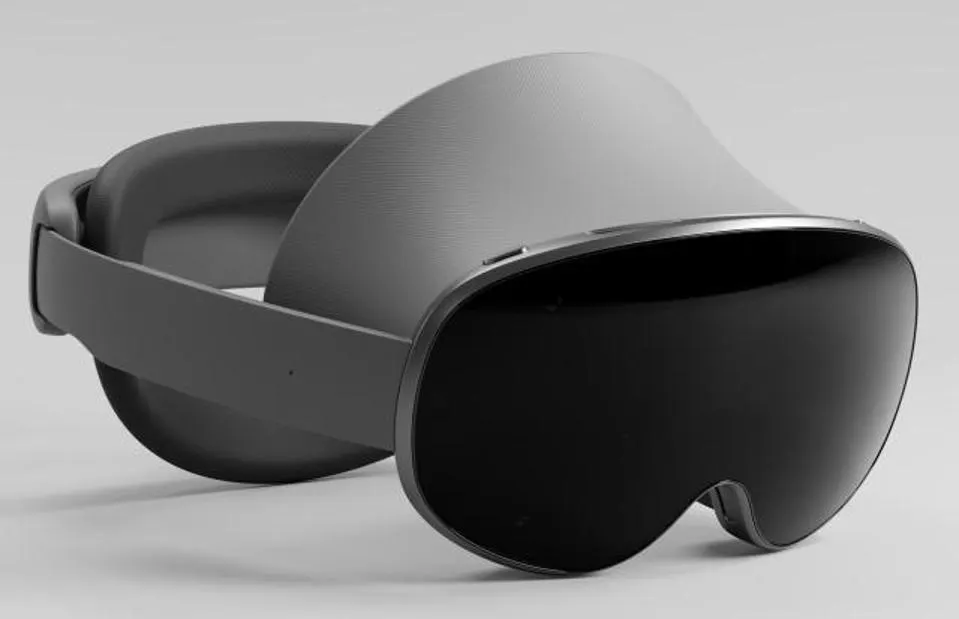Google's Next Chapter: The Future of Innovation Across AI, Quantum, XR, and Gaming

The shenanigans of a behemoth like Google indeed have a great ripple effect in the world of technology, which changes at the drop of a hat. Many, like Aravind Srinivas, CEO of Perplexity, believe that Google is on the path to becoming a legacy company, but this may just be a mere prediction and not materialize. Giants like Google will take their time, but when they eventually make a big move, it reshapes the entire sector; this is especially true for such a company with such great infrastructure, unparalleled data resources, and the loyalty of billions of users. As Google starts innovating across artificial intelligence, quantum computing, extended reality (XR), and gaming, the next chapter of the company is going to look very different from what we know today.
At the heart of Google's future are its artificial intelligence and quantum computing initiatives. Google's Gemini-powered chatbot and AI summaries in Search are just the beginning. It would mean a final product—apparently an obvious quantum GenAI-fueled search engine, indexing the entire internet, on the back of several decades of careful data indexing. If Google was in a position to infuse this tech into its system, it would usher a drastic change to the digital landscape for a speedier, stronger, and mightier search engine. Quantum computing speed and power will allow Google to not only enhance the already existing platforms but also change how people interact with information across the world. Now that Google Shopping is embracing AI for recommendations, AR visualizations, and AI-generated product briefs, one can see that Google is finally ready to go head-to-head with Amazon. The integration of quantum computing with its massive data capabilities could make this vision even more viable, placing Google at the forefront of the next phase of e-commerce.
But Google's ambition is not limited to search and shopping. The company is also pushing boundaries in extended reality technology. This is an area the company has chosen to definitively enter into, even after missteps in the past. In 2025, Samsung will release its XR headgear that runs off AndroidXR OS by Google—a new epoch in immersion technologies. Meanwhile, Google is going to publish a prototype of smart glasses where mounted is its Gemini 2.0 AI and Astra, whose new AI is dedicated especially to visual interfaces. Through them, users can access almost all the information and fun in the world, immediately available. If Google can succeed in this space, then it would be able to equal those companies such as Meta, Apple, and even Amazon in redesigning how consumers interact with technology.
The gaming industry is also where Google is reentering after Google Stadia shut down in 2023. Genie 2 is a GenAI tool introduced for the creation of playable 3D virtual worlds using just one image. Apparently, the company has taken all that experience as lessons for further, more cautious steps to restart the gaming segment. Coupled with its plans for XR integration, Google's return to immersive gaming may be the biggest success yet. With its experience in artificial intelligence and its expansive ecosystem, the company can redefine the way games are played, created, and experienced—beyond the confines of a gaming console, into a more fluid and immersive experience.
The question is whether Google can put all this together. All this—or in some future combination that merges AI, quantum computing, shopping, XR, and gaming to redefine internet interactivity and digital service usages in one neat comprehensive package—will facilitate a smooth, omnipresent digital environment through quantum GenAI power for search, fully immersive XR experiences, and AI-driven shopping. This vision may readily threaten one of the best ecosystems from a company like Apple, bringing an integrated experience from searches and shopping to entertainment and gaming.
Of course, great challenges lie ahead for Google. Regulatory scrutiny will rise because the company's reach has gone far beyond its core search and ad business. Already facing antitrust challenges on search and search ads dominance, it's pretty probable that the company would suffer the same amount of analysis now as it moves to these new spaces. Of course, competition is not new in the tech sectors, while Google has vast resources in this field so it should not take advantage of such a vast reservoir in its effort.
Eventually, Google's future is not even nearly like what many would consider a legacy future. This new set of innovations in AI, quantum computing, XR, and gaming shows so much promise to change things that things have a chance to be different now with how people live, work, and play in an increasingly digital world. A quantum-powered, AI-driven, XR-enabled ecosystem by that company could well be the giant next step forward in technological evolution for us all, led by Google. The next chapter in life for this company is akin to a birth rather than a death, and its next chapter can be truly new indeed—a digital revolution.
It is much too early to close Google's book. The company is just the right size and scale to make a real difference in changing the face of technology. If it can merely hurdle over what it's destined to encounter, the Google we know today could prove to be the foundation of something much more substantial. The future of Google has to be one of continuous reinvention, and its new chapter promises to be no legacy but a new chapter marking the beginning of a whole new era in which every nook and corner of the digital world feels its presence.



